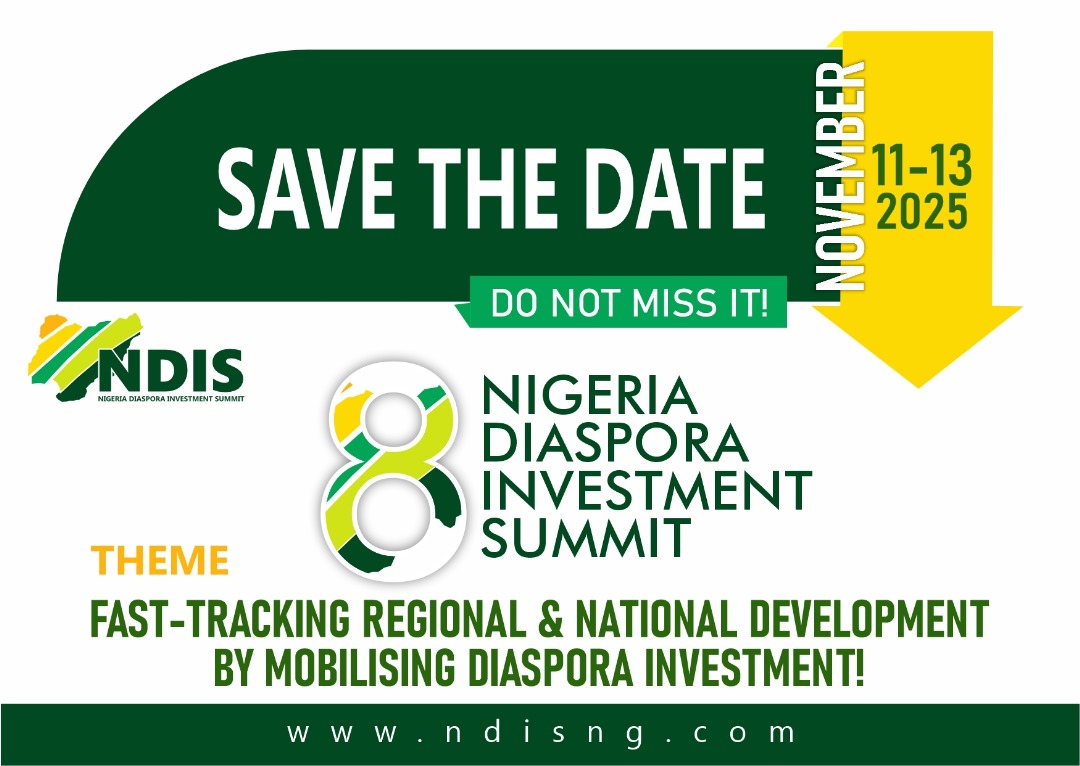For many Nigerians, applying for a visa can be a demanding and often frustrating process.
While some countries offer simplified e-visa systems, others have strict application procedures that involve lengthy documentation, in-depth interviews, and significant expenses.
Below are five countries where Nigerians often face the most challenges in securing a visa:
1. United States (USA)
Securing a visa to the United States is widely regarded as one of the toughest for Nigerians. The U.S. Embassy conducts thorough interviews, and many applicants are turned down even after presenting all required documents.
A key factor is proving strong ties to Nigeria, such as steady employment, family obligations, or property ownership.
These are evaluated to determine whether an applicant might overstay their visa. Student and tourist visa applicants often face prolonged, costly, and stressful procedures, with no assurance of approval—even after multiple attempts.
The visa fee, currently around ₦270,000, is among the highest, despite the low success rate.
2. United Kingdom (UK)
Applying for a UK visa also presents significant challenges for Nigerians.
The British High Commission demands extensive documentation, including proof of funds, travel plans, and in many cases, accommodation details.
Biometric data is required, and interviews can be intense—especially if officials suspect a risk of overstaying. Despite the rigid process and frequent rejections, many Nigerians continue to apply for study, business, or family visits. Processing times can be long, and the system often leaves applicants anxious and uncertain.
3. Canada
Although Canada is often praised for its immigration-friendly policies, obtaining a Canadian visa as a Nigerian is no easy task.
Applicants must provide thorough evidence of their travel purpose, financial status, and intention to return home.
The process can involve medical examinations, police clearances, and long wait times.
Many applications for visitor or student visas are declined if the reviewing officer is not convinced of the applicant’s credibility or home ties.
The overall cost, including biometrics and service charges, is relatively high, and applicants often find the process emotionally and financially draining.
4. Schengen Visa (Europe)
The Schengen visa, which grants access to 27 European countries, is another difficult hurdle for Nigerian travellers.
Whether applying through France, Germany, or Spain, applicants must submit a wide array of documents—including travel insurance, hotel bookings, bank statements, and detailed itineraries.
Embassies carefully scrutinize applications, and any error or inconsistency can result in denial.
Applicants often face long queues, high fees, and pressure to demonstrate both financial sufficiency and strong personal ties to Nigeria.
5. Australia
Australia is becoming increasingly attractive to Nigerians, especially for study and skilled migration.
However, obtaining an Australian visa involves a complex and demanding process.
Requirements include health checks, police clearances, and extensive documentation of academic and financial standing.
The application process emphasizes genuine intent and self-sufficiency, and vetting is particularly strict for students and skilled workers.
Long processing times and high costs further complicate the experience, making Australia one of the more difficult destinations for Nigerians to access.






